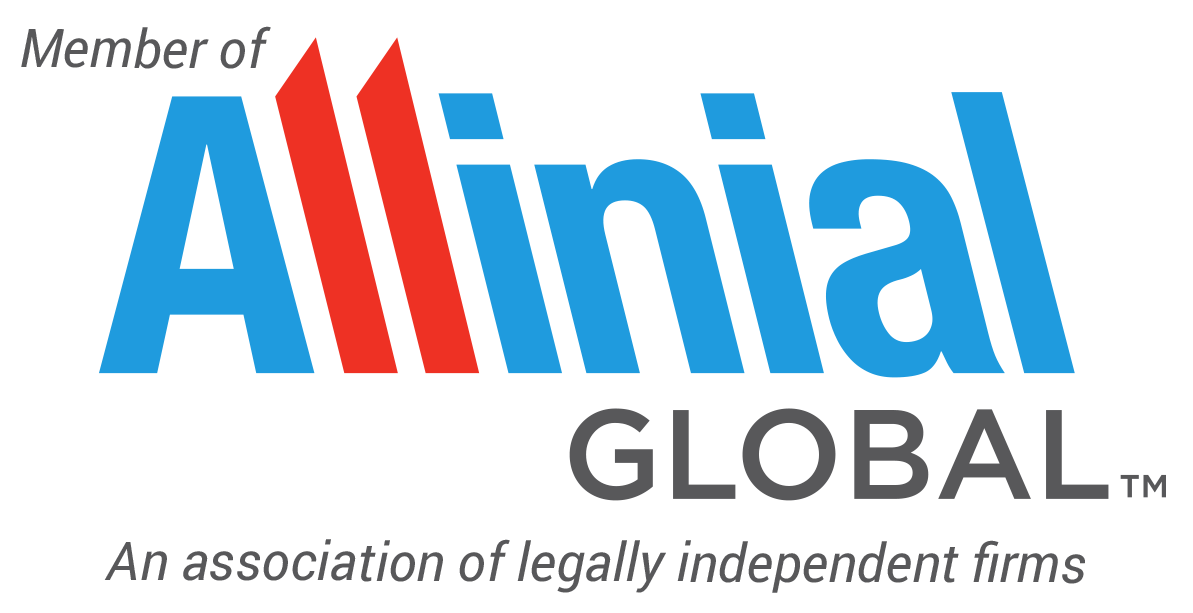The year 2020 was laden with government programs designed to bring much-needed relief to American businesses. Many of these programs are still in effect today, even as we draw close to the two-year anniversary of the pandemic that turned our world upside down. The Employee Retention Credit (ERC), the Economic Injury Disaster Loan (EIDL) program, and the Paycheck Protection Program (PPP) were three of the most significant measures our clients used to survive. Below are important updates on each.
Congress Yanks the Rug Out from Under Businesses Expecting to Take the Employee Retention Credit in the Fourth Quarter
The House of Representatives passed the Infrastructure Investment and Jobs Act late Friday, sending the bill to President Biden for signature. While there are very few tax provisions in the bill, the early end of the employee retention credit (ERC) is a big one that will affect many businesses. The ERC was initially set to expire at the end of the year but now has an ending date of September 30th due to this legislation.
While there were discussions over the summer of ending the ERC early, many practitioners anticipated this would be taken out of the bill as we moved into the fourth quarter. Because we are almost halfway through the fourth quarter, this leaves many questions for employers that have shut off their payroll deposits in anticipation of the credit based on prior IRS guidance. If you are in this situation, we recommend that you begin making payroll tax and withholding deposits again for payrolls that are processed after today. We anticipate that penalties will be abated for missed deposits before the passage of this legislation. ATKG will provide an update on this issue as soon as the IRS releases guidance.
Last Call for EIDL Loans!
December 31, 2021, is the last day to apply for a COVID-19 EIDL through the Small Business Association for businesses and private nonprofits who have had financial repercussions brought on by the COVID-19 pandemic. Eligible applicants may receive up to $2 million in loans. The proceeds may be used towards pressing capital needs such as payroll, rent, utilities, etc., including debt (regardless of when the debt was or is incurred).
Loan terms are generally offered up to 30 years, but interest rates are fixed at 3.75% for businesses and 2.75% for private nonprofits. Additionally, there are no prepayment penalties, and the first two years of payments are deferred and spread over the remainder of the loan term. Applicants should remember that EIDLs are not forgivable and require collateral and/or personal guaranty if the requested loan is over $25,000. Click here to apply for an EIDL loan.

Did your Business Receive a Second PPP Loan? Don’t Forget about the Forgiveness Application
Many of our clients received a second Paycheck Protection Program (PPP) loan in February of 2021, which means their 24-week Covered Periods ended sometime in July or August. To avoid making loan payments, forgiveness applications must be filed ten months after the end of the Covered Period (which means that most of our clients should file forgiveness applications by May or June of 2022). Our PPP team is working with clients to get these forgiveness applications submitted as soon as possible so we can all start 2022 with a clean slate.
We Are Here to Help
We know that these last two years have significantly added to the struggles of operating a business. Our mission is to enhance the prosperity of our clients, and we are committed to helping you navigate the complexities of these programs. If you have any questions or need clarification on any topics discussed, don’t hesitate to contact your ATKG advisor.
Before joining ATKG in early 2021, Sarah Browne spent nearly a decade working in the commercial real estate, private equity, and financial services industries. She received her Bachelor of Business Administration and Master of Professional Accounting from The University of Texas at Austin. She went on to become a Certified Public Accountant in the State of Texas.
